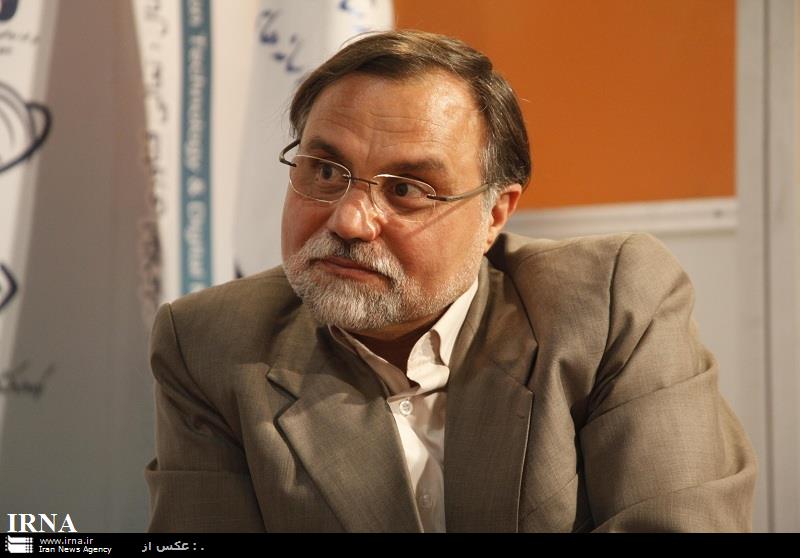
It is safe to say that the Persian Gulf region has not been so tense in recent years to this extend, and the evidence for it is Saudi Arabia's King Salman's invitation to hold two extraordinary summits of the Arab League and the Persian Gulf Cooperation Council (PGCC).
The attack on tankers and oil facilities of Saudi Arabia and the United Arab Emirates (UAE) which Houthi of Yemen announced it was launched in response to the crimes committed by the Saudi coalition in Yemen, showed the Arab countries are not safe, but vulnerable in the way of oil exports. And their hostile and warmongering policies against the nations of the region are not always unanswered.
The occurrence of such insecurities for these two aggressive Arab states has taken place while the Islamic Republic of Iran is currently pursuing a strategy of patience and waiting so that the uncertain atmosphere of the Persian Gulf does not get turbulent more than it is, and this is what has pushed Saudi Arabia in advance to take reciprocal action.
Of course, Saudi Arabia's request has not been welcomed by Iran's neighbors, and so far, only the UAE, Bahrain and Djibouti have supported holding such meetings.
However, Qatar, Kuwait and Oman have always warned against holding meetings and forming anti-Iran coalitions, and are reluctent to create new fronts against Iran.
But regardless of the general approach of the neighboring countries of Iran, after deployment of Abraham Lincoln aircraft carrier and the US bombers to the Persian Gulf, and of course the attack on oil tankers in the two Arab countries, an atmosphere of insecurity and fear were created in the Persian Gulf region which its consequences will include the entire countries of the region and the world.
As a result of the creation of such a space, insurance companies increased the cost of insurance for tankers and merchant ships because they believe that the passage of these ships from insecure areas of the Persian Gulf could cost them.
On the other hand, American officials, affected by this turbulent atmosphere, evacuated many of their diplomatic staff in Iraq and even foreign employees of ExxonMobil's oil company out of al-Qurna 1 oilfield in southern Iraq, which strengthens the feeling of insecurity in the country (which now needs a safe atmosphere for development and attracting foreign investment in its post-ISIS era), causing dissatisfaction among its officials.
Turkey, although saber rattling between Iran and the United States, has been relatively sided with Iran and has not supported unfair sanctions against our country. The country has invested heavily in tourist attraction in recent years and has managed to earn a large part of its national income in this way, but according to Ambassador of Turkey in Tehran, in the context that the Turkish Ministry of Tourism has targeted the attraction of 40 million tourists in 2019, not only has the arrival of Iranian tourists been dropped by 18-20% due to the economic bottlenecks, but it seems due to the insecurity that is causing the turmoil for tourism, the arrival of tourists from other countries to Turkey have also been reduced.
All of these clearly demonstrate that the security of a region is interconnected as a chain that, if one loop is loosened and ruptured, other loops lose their stability and break apart, and at this point that the neighboring countries of Iran, especially Saudi Arabia and the UAE, should pay attention to it instead of making new coalition.
The safe Middle East and the Persian Gulf are the ground for the thriving and economic prosperity of all countries, and insecurity in part of the region will spread to the rest of the region, and everyone will suffer. Therefore, our region needs a 'common security system' with the presence of all neighboring countries, rather than requiring extraordinary summits and saber rattling for the new fronts, to make unjustified the presence of foreign powers and create indigenous security, to attract investors and tourists, and via pursuing them, bring back prosperity to the region.
**Dr. Mohammad Mehdi Mazaheri- University professor
9455**2050
Follow us on Twitter @IrnaEnglish
 solhkhabar | Peace International News Agency Peace International News Agency , Peace News , International Agency News of Peace
solhkhabar | Peace International News Agency Peace International News Agency , Peace News , International Agency News of Peace